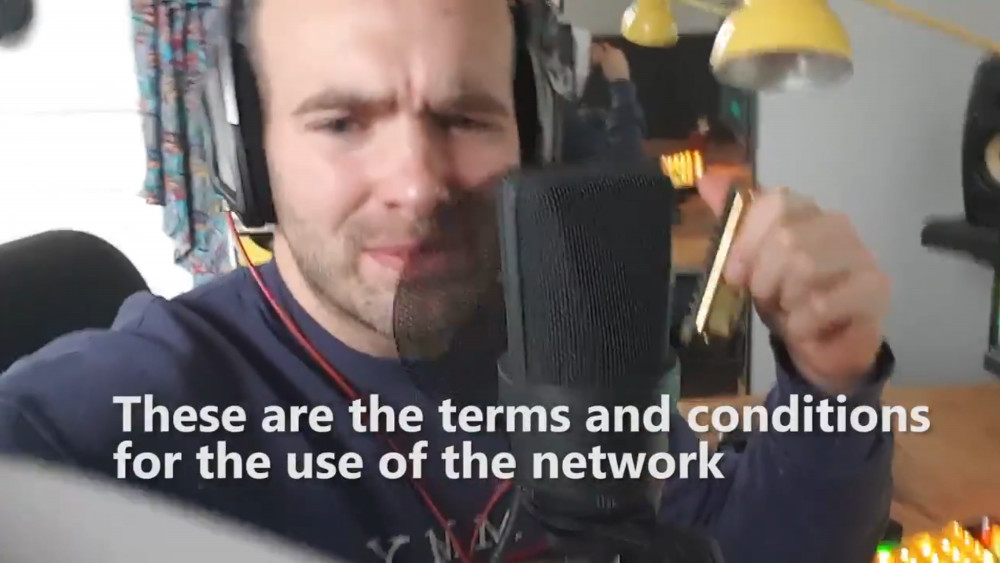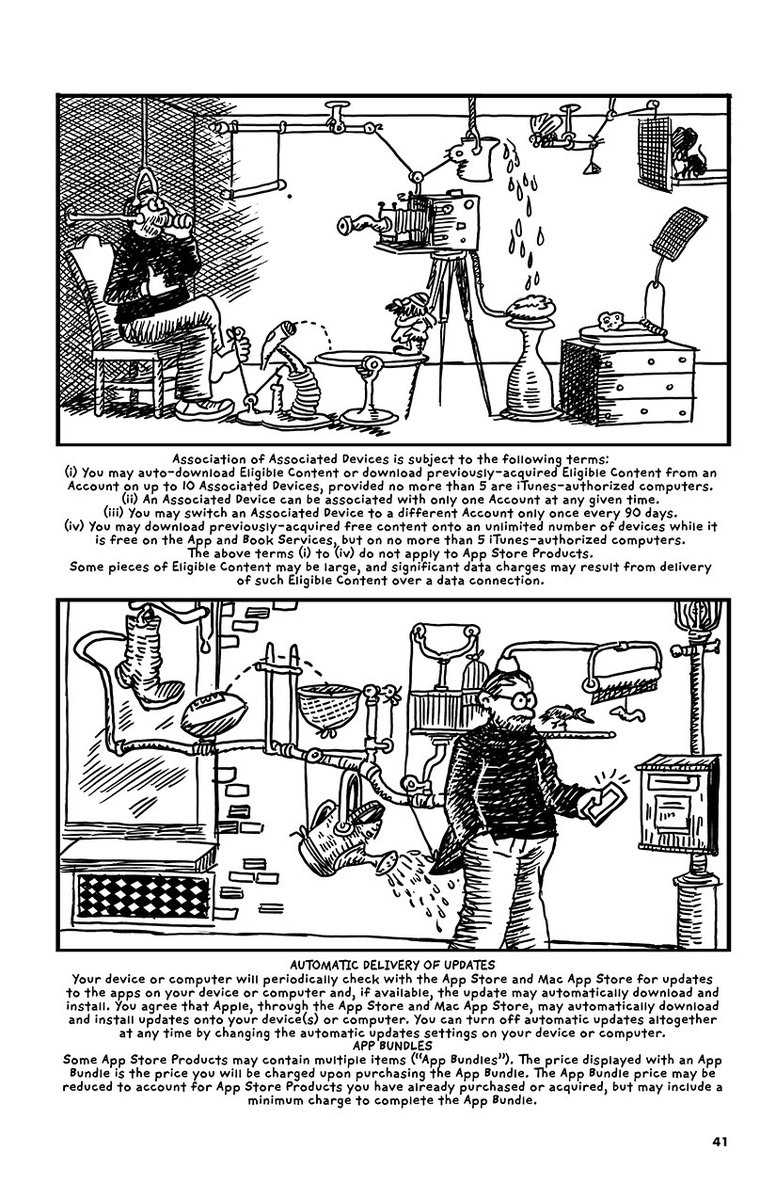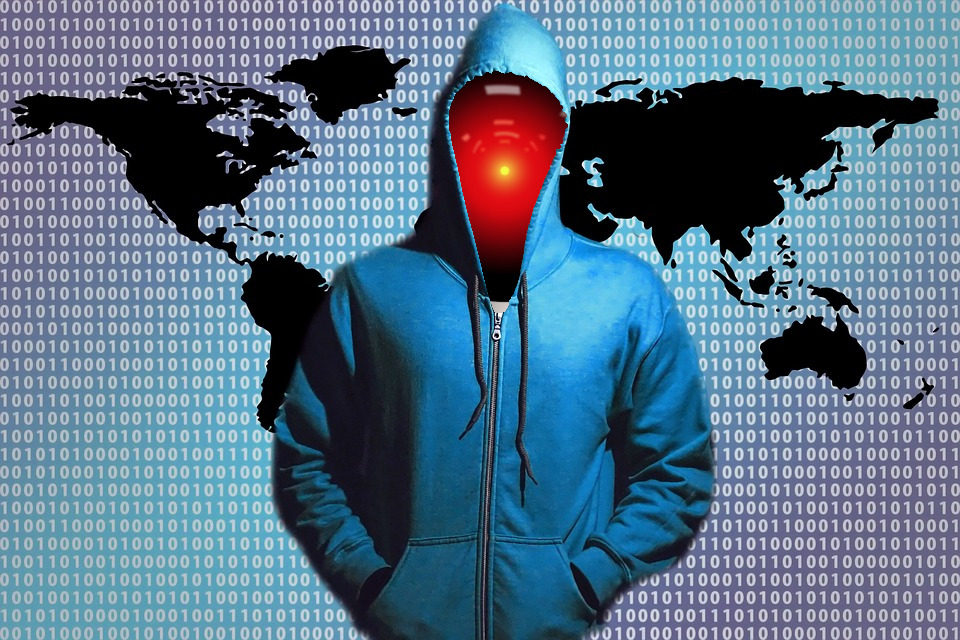
The rise and rise of terms of service is a genuinely astonishing cultural dysfunction. Think of what a bizarre pretense we all engage in, that anyone, ever, has read these sprawling garbage novellas of impenetrable legalese.
1/
1/

And yet, there they are, looming over us, and, even more bizarrely, they are generally enforceable, even when they confiscate rights as basic as the right to sue over negligence or malice.
law.com/dailybusinessr…
2/
law.com/dailybusinessr…
2/
Terms of Service are "the biggest lie on the internet":
> Qualitative findings suggest that participants view policies as nuisance, ignoring them to pursue the ends of digital production, without being inhibited by the means.
papers.ssrn.com/sol3/papers.cf…
3/
> Qualitative findings suggest that participants view policies as nuisance, ignoring them to pursue the ends of digital production, without being inhibited by the means.
papers.ssrn.com/sol3/papers.cf…
3/
Many artists have attempted to awaken us from our slumbering acceptance of this outrageous practice. There's @dimitryarov's 2018 "I agree," which printed out the ToS of popular services:
twistedsifter.com/2018/05/i-agre…
4/
twistedsifter.com/2018/05/i-agre…
4/

Before that, there was @RSikoryak's incredible "Terms and Conditions," which reproduced the entire Itunes ToS as a series of comics pages, each in the style of a different artist, with cartoon Steve Jobs uttering these unreadable words.
memex.craphound.com/2017/03/03/ter…
5/



memex.craphound.com/2017/03/03/ter…
5/




Today, I found a new treasure in the genre, @damienslash's impersonation of Bob Dylan singing a "standard user agreement." It is the most remarkable 34 seconds I've experienced since waking.
6/
https://twitter.com/damienslash/status/1317161605323476992
6/
All of this is grimly hilarious, like mocking the official state religion.
This is probably a good opportunity to remind everyone of my standard email footer:
7/
This is probably a good opportunity to remind everyone of my standard email footer:
7/
READ CAREFULLY. By reading this email, you agree, on behalf of your employer, to release me from all obligations and waivers arising from any and all NON-NEGOTIATED agreements, licenses, terms-of-service, shrinkwrap, clickwrap, browsewrap, confidentiality...
8/
8/
...non-disclosure, non-compete and acceptable use policies ("BOGUS AGREEMENTS") that I have entered into with your employer, its partners, licensors, agents and assigns, in perpetuity, without prejudice to my ongoing rights and privileges.
9/
9/
You further represent that you have the authority to release me from any BOGUS AGREEMENTS on behalf of your employer.
eof/
eof/
• • •
Missing some Tweet in this thread? You can try to
force a refresh






